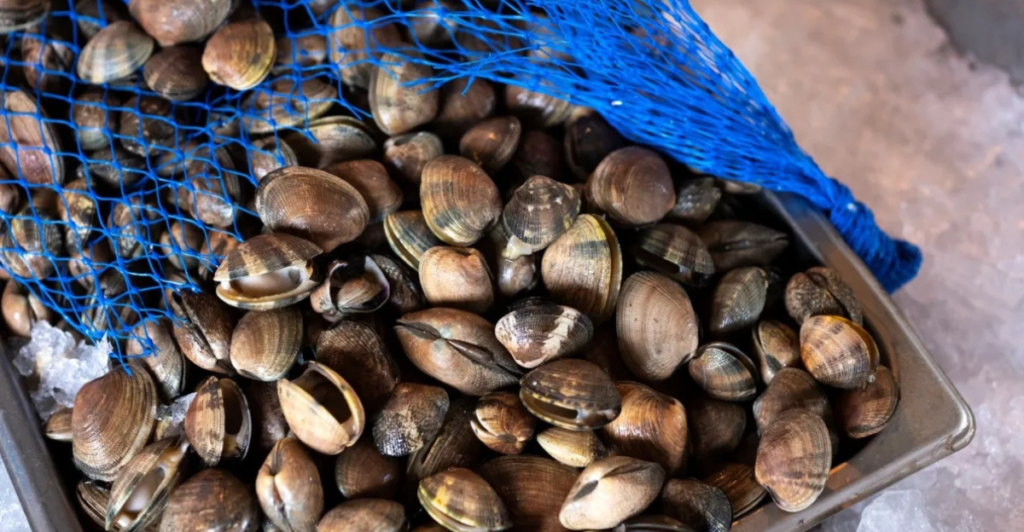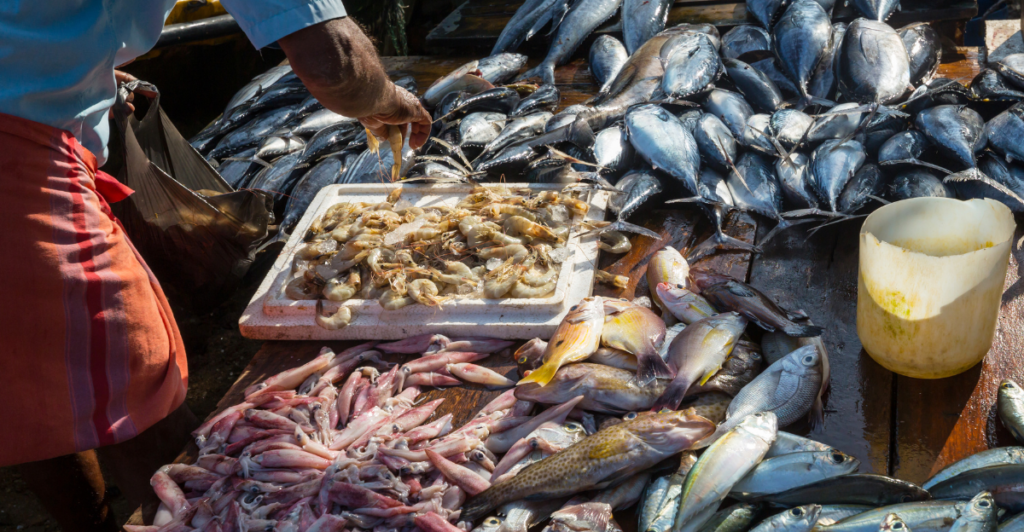
There’s something fishy going on in the seafood industry, but it’s not the daily catch. The FDA has shut down eight Chinese seafood processing plants, debarring them in the U.S., following an alarming find of tainted clams imported from these companies. It’s not just a matter of food safety: this is a long-term health hazard. What did they find in these shellfish? And how does it relate to your next seafood dinner? Listen in, because this isn’t good news…
What Did the FDA Find?

In February, the FDA discovered that Chinese clams were stuffed with extremely high levels of polyfluoroalkyl substances (PFAS), or so-called “forever chemicals.” These are poisonous chemicals that are non-biodegradable and have been associated with severe health threats. The FDA therefore put these seafood businesses on its Import Alert list.
Demand Action by FDA

The FDA did not just send a warning: all seafood imports from the offending companies will now automatically be detained at U.S. borders even before they get inspected. That action guarantees that potentially spoiled product never makes it to supermarket shelves or dinner plates.
Why PFAS Are Toxic

PFAS are industrial chemicals that are present everywhere in industrial products, but in food, they are cause for concern. Studies have identified that long-term exposure to them can cause liver disease, elevated blood pressure, a compromised immune system, and cancer. Finding these chemicals in such quantities in clams is worrying.
How Were Clams Contaminated?

The culprit? Polluted water. Clams, mussels, and other shellfish naturally filter their surroundings, so anything poisonous in the water becomes concentrated in their bodies. Research verifies that shellfish tend to have higher PFAS concentrations than fish, beef, or pork and are thus a major source of contamination in our food supply.
The Economic Impact

This ban isn’t just hurting Chinese seafood exporters – it’s also hurting U.S. firms reliant on imports. Restaurants, seafood distributors and grocery stores have to look elsewhere for suppliers. For seafood fans, this can translate into higher prices and fewer choices in their local markets.
Past Similar Incidents in Global Food Trade

This is not the first time that food imports have been criticized on safety grounds. Imported fruits and vegetables in the U.K. were discovered to contain unapproved toxic pesticides applied to foreign agriculture. Global food safety is now an international issue with a need for tougher legislation and round-the-clock inspections.
What the Government is Doing

The FDA Import Alert is just the beginning of the solution to the PFAS problem. U.S. regulatory bodies are moving to implement stricter levels of contamination analysis and better water filter technologies. Several states have even proposed bills to completely prohibit PFAS from being used in consumer products to avoid further contamination.
How Consumers Can Stay Safe

The best defense is being informed. Consumers can stay safe by paying attention to food safety notices, purchasing seafood from trusted sources, and listening to contamination concerns. Appropriate food preparation and cooking practices can also limit exposure to toxic substances in food supply.
The Future of Seafood Safety

This scandal has implications for the future of seafood imports. Will other countries also be subject to similar bans? Will stricter testing become the new standard? What’s certain is that consumers, regulators, and businesses must collaborate to make sure the seafood industry puts safety above profits.
Last Thoughts

The FDA’s action against these Chinese seafood firms is greater than commerce: it’s a matter of public health necessity. In the future, the emphasis will have to be on transparency, more regulation, and consumer awareness. Because when it comes to what we’re eating, everyone deserves the truth.
Explore more of our trending stories and hit Follow to keep them coming to your feed!

Don’t miss out on more stories like this! Hit the Follow button at the top of this article to stay updated with the latest news. Share your thoughts in the comments—we’d love to hear from you!







